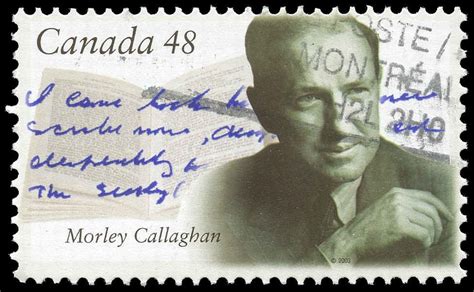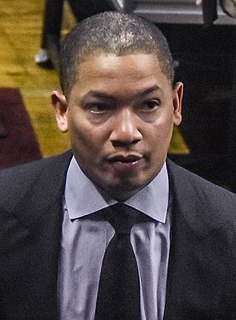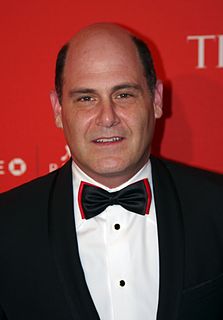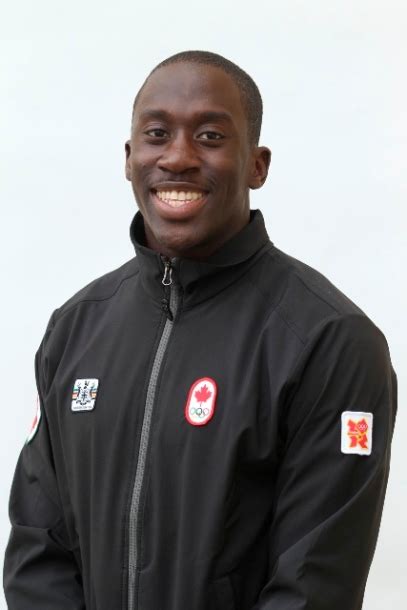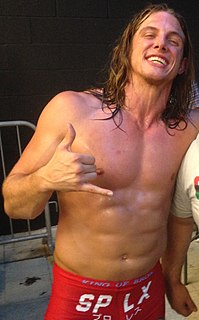A Quote by Morley Callaghan
There is only one trait that makes the writer. He is always watching.
Related Quotes
If a writer of prose knows enough about what he is writing about he may omit things that he knows and the reader, if the writer is writing truly enough, will have a feeling of those things as strongly as though the writer had stated them. The dignity of movement of an iceberg is due to only one-eighth of it being above water. A writer who omits things because he does not know them only makes hollow places in his writing.
The children's writer not only makes a satisfactory connection between [the writer's] present maturity and his past childhood, he also does the same for his child-characters in reverse - makes the connection between their present childhood and their future maturity. That their maturity is never visibly achieved makes no difference; the promise of it is there.
I say "on principle" [regarding 'lesbian writer'] because whenever you get one of your minority labels applied, like "Irish Writer," "Canadian Writer," "Woman Writer," "Lesbian Writer" - any of those categories - you always slightly wince because you're afraid that people will think that means you're only going to write about Canada or Ireland, you know.
Dancing makes people feel good whether they're doing it or watching it. It's something I think everybody can relate to whether it's just a simple two-step or a B-boy watching another B-boy go crazy in a circle. It makes you smile and without you even knowing it and it makes you rock to the beat as well.
Self-awareness is a trait that not only makes us human but also paradoxically makes us want to be more than merely human. As I said in my BBC Reith Lectures, “Science tells us we are merely beasts, but we don’t feel like that. We feel like angels trapped inside the bodies of beasts, forever craving transcendence
